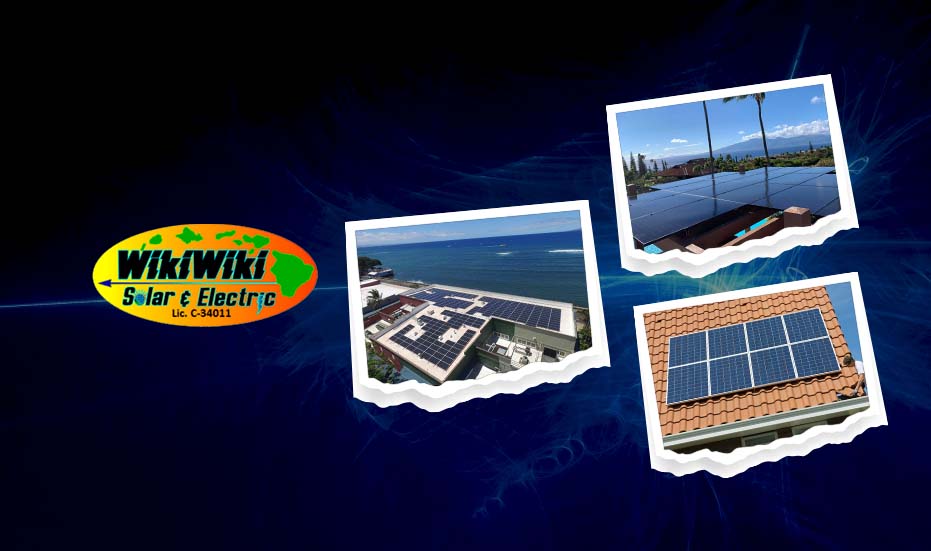How Maui Solar Companies Select The Right Inverter For Your System
One of the most important decisions that leading Maui solar companies assist you with includes selecting the right solar inverter for your solar system. An inverter is a crucial component that converts the direct current (DC) electricity generated by solar panels into alternating current (AC) electricity that can power homes and businesses. With so many inverter options available in the market, it is crucial to choose wisely, hence it is suggested to consult the knowledgeable and experienced solar panels experts.
Understanding Power Needs
The first step is to realistically assess the power requirements of the home or business that will use the solar energy system. This will determine the ideal size of the solar panel array and the matching inverter power rating. Overestimating needs will lead to unnecessary costs while underestimating can result in an underpowered system. Our experienced technicians carefully analyze each project to arrive at the right capacity.
Considering Durability
As Maui experiences all kinds of weather conditions throughout the year, it is important to select an inverter that is durable and weather-resistant. It should be protected from dust, humidity as well as corrosive salt air. Therefore, solar companies recommend inverters with higher ingress protection ratings for installations on Maui. The inverter must also be designed to operate at high temperatures as components mounted on rooftops by our solar panels Maui team can experience temperatures upwards of 40°C.
Maximizing Efficiency
An efficient inverter extracts maximum power from solar panels even in low light conditions. It should have high MPPT (maximum power point tracking) efficiency to minimize energy losses. String inverters and microinverters are best suited for Maui with their abilities to maximize output from each panel individually. Our experts help clients select inverters best-rated for higher efficiency.
Future-Proof Flexibility
As technologies evolve, it is prudent to future-proof the solar energy system and allow for flexible expansions. Select an inverter that is scalable - it should be able to support extra panels added in the future. Solar Companies also need an inverter integration-ready with battery storage or other renewable energy sources that may be included in later phases of the project.
Takeaway: Partnering with Professionals is a Must
With factors like power needs analysis, component matching, duty-cycle considerations, safety standards, and warranty obligations - choosing the right inverter can get complex. Therefore, the smart choice is to consult professional solar panel installers with proven expertise in the local conditions and regulations. Contact WikiWiki today to discuss your solar installations and select the ideal inverter for your specific needs.




Comments
Post a Comment